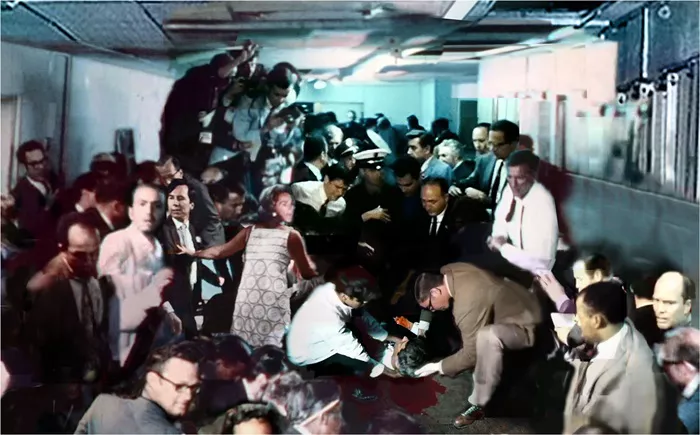June 6 stands out in the annals of history as a date marked by significant events that have shaped the course of nations and civilizations. From military triumphs to cultural milestones, this date has witnessed a plethora of noteworthy occurrences that continue to resonate through time. In this article, we delve into the multifaceted tapestry of June 6 throughout history, exploring its diverse array of events and their lasting impact.
D-Day: The Allied Invasion of Normandy (1944)
June 6, 1944, forever etched in history as D-Day, marked the beginning of the Allied invasion of Nazi-occupied Europe during World War II. Operation Overlord, the largest amphibious assault in history, saw Allied forces landing on the beaches of Normandy in a concerted effort to liberate Western Europe from the grip of tyranny. The invasion involved meticulous planning, coordination, and immense sacrifice, as Allied troops from the United States, United Kingdom, Canada, and other nations stormed the heavily fortified coastline, facing fierce resistance from German forces. D-Day proved to be a pivotal turning point in the war, ultimately leading to the downfall of the Third Reich and the eventual liberation of Europe from Nazi oppression.
The Assassination of Robert F. Kennedy (1968)
On June 6, 1968, the world was shocked by the assassination of Senator Robert F. Kennedy, a prominent figure in American politics and a champion of social justice. Following his victory in the California Democratic presidential primary, Kennedy was shot by Sirhan Sirhan, a Palestinian immigrant, at the Ambassador Hotel in Los Angeles. The assassination sent shockwaves across the nation, coming just months after the tragic killing of civil rights leader Martin Luther King Jr., and further deepening the tumultuous political and social climate of the 1960s. Kennedy’s untimely death marked the loss of a charismatic leader whose vision for a more inclusive and equitable society reverberated far beyond his time.
The Tiananmen Square Massacre (1989)
June 6, 1989, witnessed one of the darkest chapters in modern Chinese history, as the Chinese government cracked down on pro-democracy protesters in Beijing’s Tiananmen Square with brutal force. The peaceful demonstrations, led primarily by students advocating for political reform and greater freedoms, were met with tanks and armed troops, resulting in a violent suppression that left hundreds, if not thousands, dead and many more injured. The Tiananmen Square Massacre remains a highly sensitive and censored topic in China, symbolizing the Chinese Communist Party’s ruthless suppression of dissent and the enduring struggle for human rights and democracy in the country.
The Normandy Landings (1944)
Beyond D-Day, June 6, 1944, saw the culmination of the Normandy landings, a complex military operation that involved not only the amphibious assault but also airborne operations behind enemy lines. Paratroopers from the 82nd and 101st Airborne Divisions were dropped into Normandy under the cover of darkness to secure key objectives and pave the way for the amphibious landings on the beaches below. The combined efforts of airborne and amphibious forces played a crucial role in establishing a foothold on French soil and laying the groundwork for the subsequent advance inland.
See also: What Happened on May 26 in History?
The Coronation of Queen Elizabeth II (1953)
June 6, 1953, marked a momentous occasion in British history with the coronation of Queen Elizabeth II at Westminster Abbey in London. Following the death of her father, King George VI, in 1952, Elizabeth ascended to the throne, becoming the queen regnant of the United Kingdom and the head of the Commonwealth. The coronation ceremony, steeped in centuries-old tradition and pageantry, served as a symbol of continuity and stability in a post-war era fraught with uncertainty and change. Queen Elizabeth II’s reign, now one of the longest in British history, has witnessed significant social, cultural, and political transformations, making her a pivotal figure in the modern era.
Conclusion
June 6 stands as a testament to the kaleidoscope of human history, encompassing triumph and tragedy, courage and sacrifice, progress and perseverance. From the beaches of Normandy to the halls of power, this date serves as a poignant reminder of the enduring legacy of those who have shaped the course of our world. As we reflect on the events of June 6, let us honor the memory of those who have gone before us and draw inspiration from their resilience and determination in the face of adversity.

